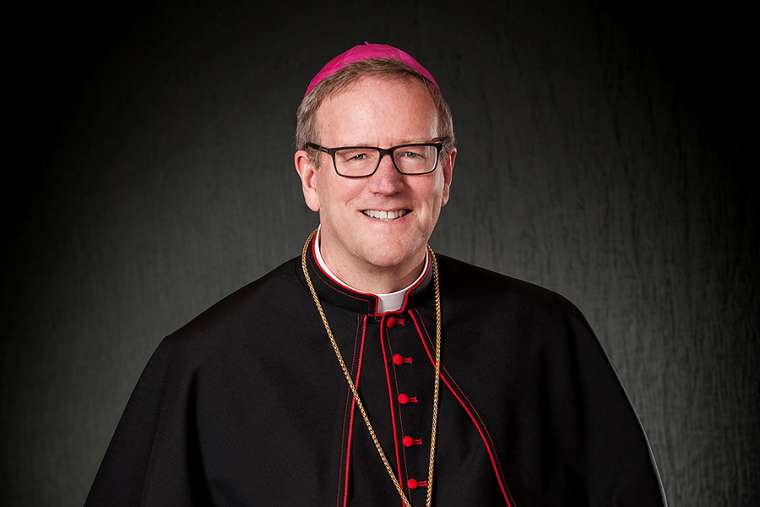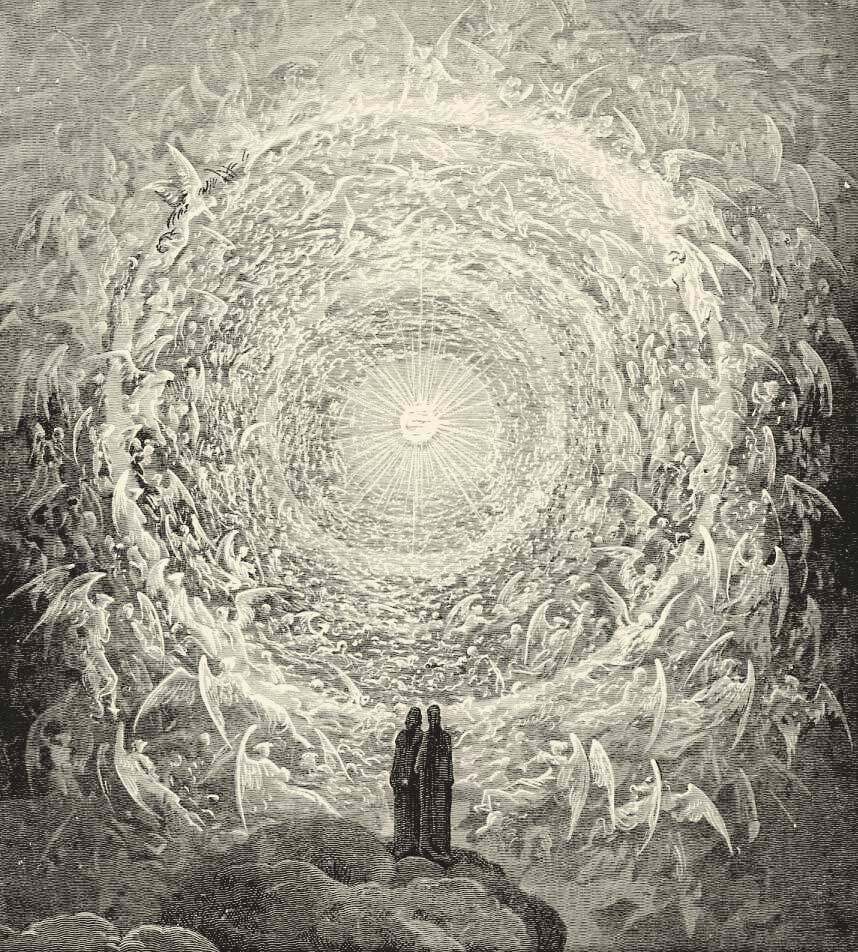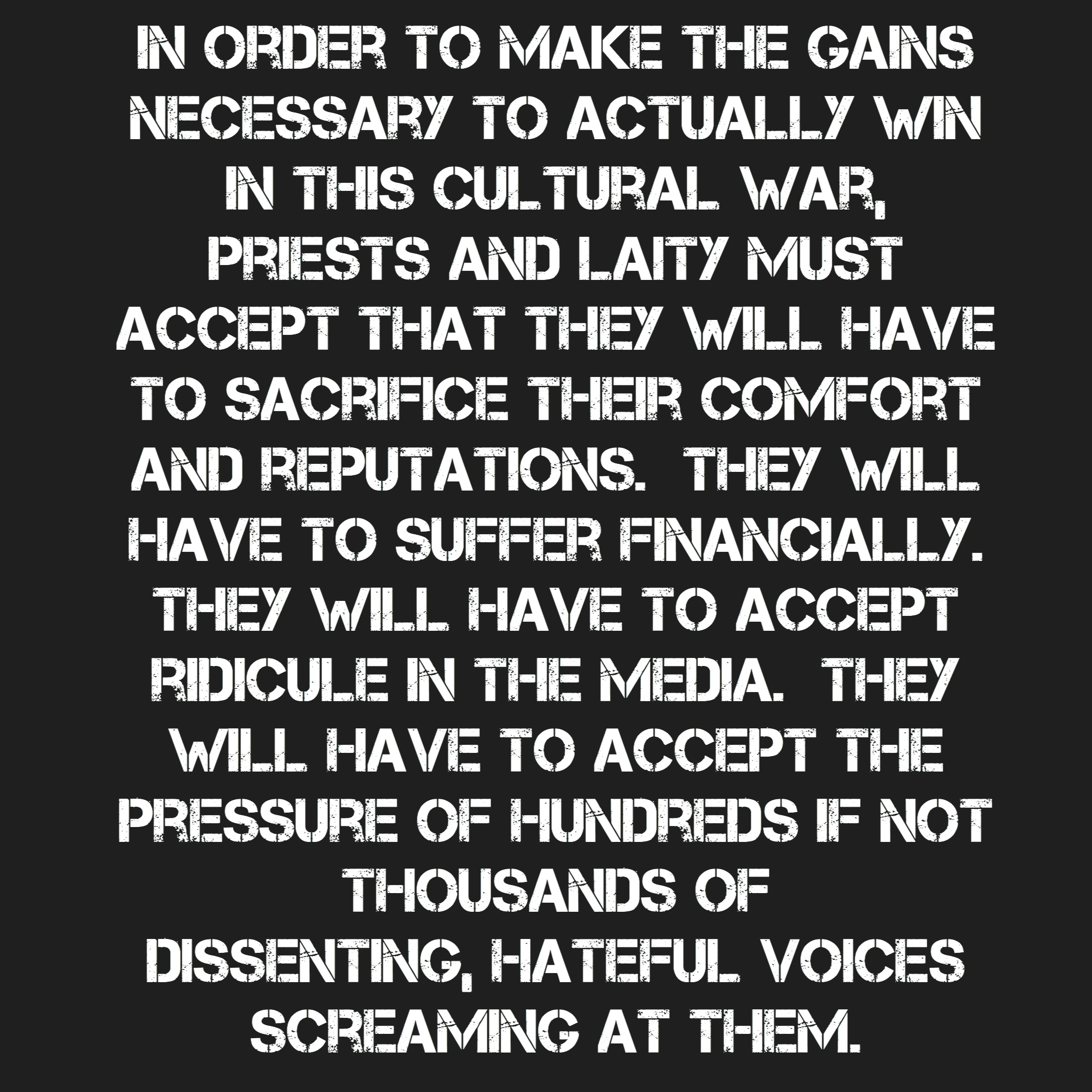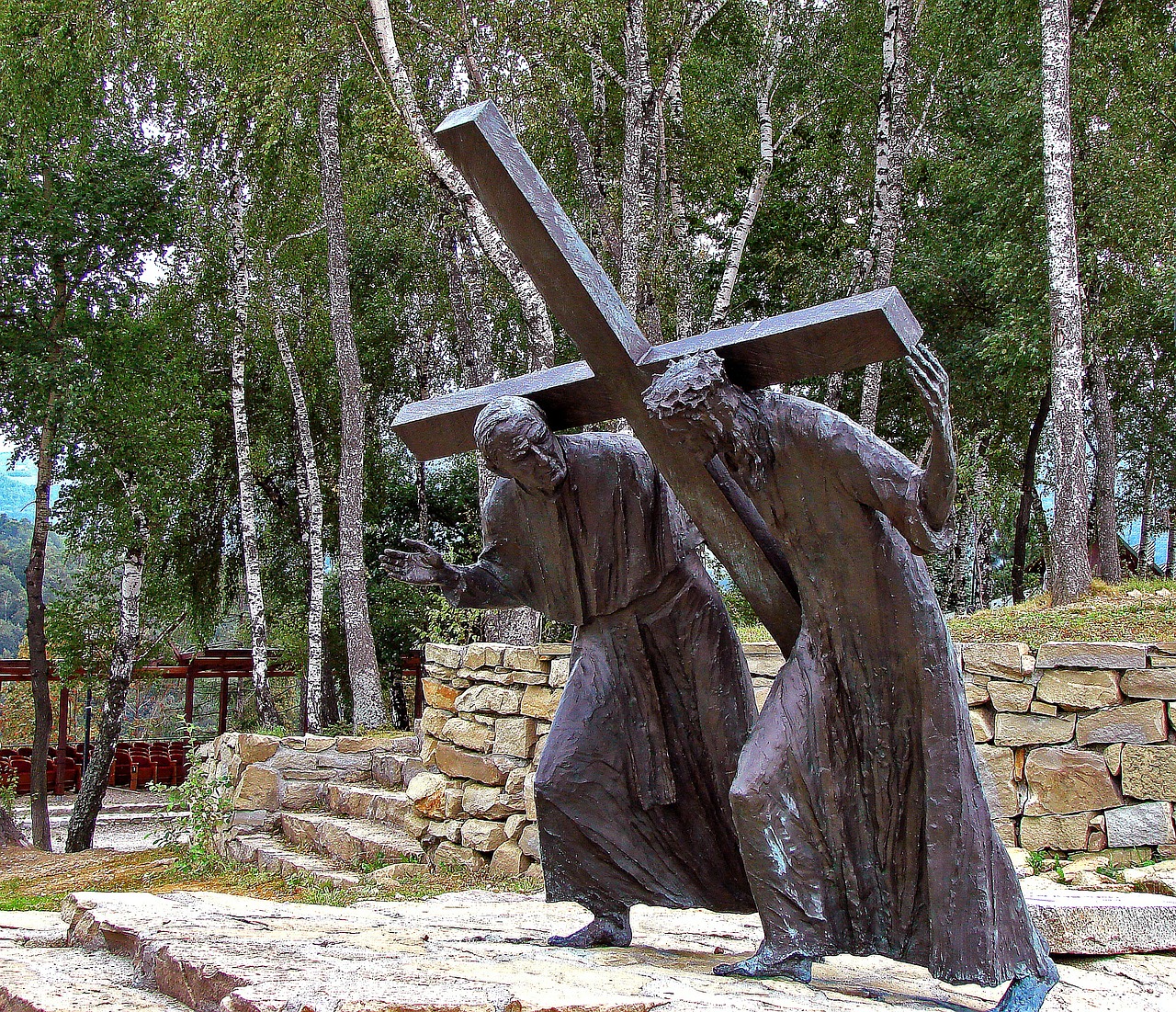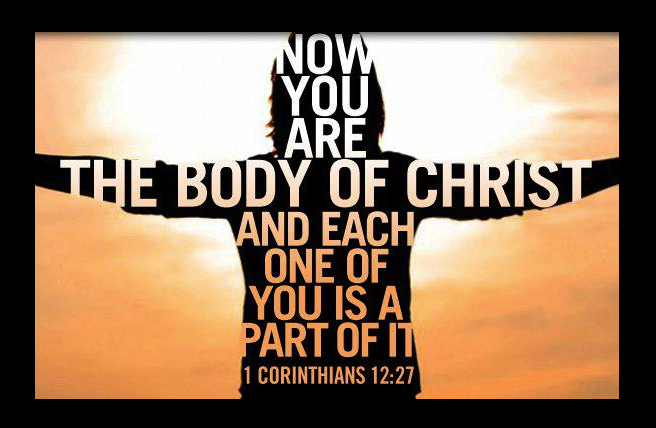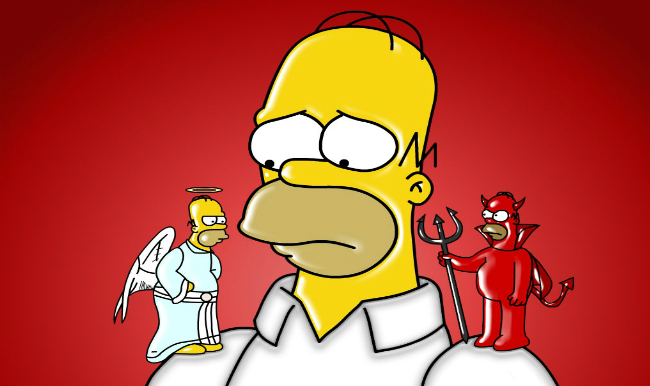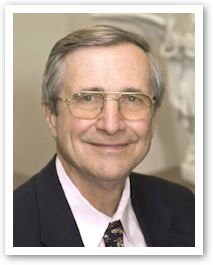God’s providence, especially the word “providence”, especially with a capital “P”, as it should always, always be spelled in relation to the Deity, is and is a concept, sadly, out of fashion, even in Church circles, today. However, it was not always so. And, regardless of its trendiness, or lack thereof, is reality. And, regardless of its trendiness, or lack thereof, I can tell you, from decades of experience, as the song says,
https://youtu.be/9GuA5PZx3K4
STEPHEN COLBERT, J.R.R. TOLKIEN, JOHN HENRY NEWMAN, AND THE PROVIDENCE OF GOD
-by Bishop Robert Barron, August 25, 2015
Just last week, Stephen Colbert gave an interview in which the depth of his Catholic faith was on pretty clear display. Discussing the trauma that he experienced as a young man—the deaths of his father and two of his brothers in a plane crash—he told the interviewer how, through the ministrations of his mother, he had learned not only to accept what had happened but actually to rejoice in it: “Boy, did I have a bomb when I was ten; that was quite an explosion…It’s that I love the thing that I wish most had not happened.” Flummoxed, his interlocutor asked him to elaborate on the paradox. Without missing a beat, Colbert cited J.R.R. Tolkien: “What punishments of God are not gifts?” What a wonderful sermon on the salvific quality of suffering! And it was delivered, not by a priest or bishop or evangelist, but by a comedian about to take over one of the most popular television programs on late night.
But what particularly intrigued me was the reference to Tolkien, which was culled, not from The Lord of the Rings or The Hobbit, but from a letter that the great man wrote to an inquirer, who had wondered whether Tolkien took death with sufficient spiritual seriousness in his literary work. Like Colbert, Tolkien had suffered enormous trauma as a young man. His father died in 1896, when Tolkien was only three, and his mother Mabel took him and his younger brother back to England (the family had moved to South Africa for economic reasons). Upon their return to her hometown of Birmingham, Mabel decided to become a Roman Catholic, a move that was met with enormous opposition on the part of her family, who essentially disowned her and left her in destitution. During this terrible period, Tolkien’s mother turned to the priests of the Birmingham Oratory, who cared for her needs both spiritual and financial and who took a keen interest in her fatherless children.
In 1904, Tolkien and his brother became orphans when their mother died of diabetes. Years later, the famous author mused that his mother was a kind of martyr, since she had been in effect hounded to death for her decision to become a Catholic and to raise her sons in the faith. Frightened, alone, and adrift, the boys were taken in by Rev. Francis Xavier Morgan, a priest of the Oratory. The kindly man, whom Tolkien always referred to affectionately as “Fr. Francis,” became a father figure, instructing the young men in matters both sacred and secular and teaching, as Tolkien would later put it, the meaning of “charity and forgiveness.” Tolkien named his eldest son for the priest, and many have suggested that there is a fair amount of Fr. Morgan in Gandalf and other wisdom figures in the master’s oeuvre. It was assuredly Fr. Francis who taught the young Tolkien, who had endured more trials than any child ought to endure, that “all of God’s punishments are gifts.”
But where had the priest learned that lesson? The Birmingham Oratory(1) had been established in the mid-nineteenth century by the legendary John Henry Newman, who at the time had just become a Roman Catholic, thereby excluding himself from the institutions of British society. When he set up the Oratory in the industrial city of Birmingham, Newman was passing through a real “Lenten” period, for he was excoriated as a traitor by the Anglican establishment and looked upon with suspicion by Catholics. In time, Newman would reemerge as a cultural leader within British society, and his Oratory would become a center for Catholic evangelism in England. But this would happen only through Newman’s dark night experiences. What his Oratorian disciples, including Fr. Francis, would have taken in is the lesson that “punishments” often turn out to be precious gifts.
What this chain of influences teaches us—and here I come to the point of this essay—is that God’s providence is a mysterious and wonderful thing. Were it not for John Henry Newman’s establishment, through much suffering, of the Birmingham Oratory, there would never have been a Fr. Francis Xavier Morgan, and if there had never been a Fr. Morgan, the young Tolkien boys might easily have drifted into unbelief or spiritual indifference, and if J.R.R. Tolkien had not taken in the lessons he learned from his mentor, he would never have shared the insight about God’s gift that brought such comfort to a young Stephen Colbert in his moment of doubt and pain.
One of the most potent insights of the spiritual masters is that our lives are not about us, that they are, in fact, ingredient in God’s providential purposes, part of a story that stretches infinitely beyond what we can immediately grasp. Why are we suffering now? Well, it might be so that, in St. Paul’s language, we might comfort someone else with the same consolation we have received in our suffering. And that someone might be a person who has not even been born. St. John Paul II commented that, for people of faith, there are no coincidences, only aspects of God’s providence that we have not yet fully understood. The line that runs from Newman to Morgan to Tolkien to Colbert was not dumb chance, a mere coincidence; rather, it was an instance of the slow but sure unfolding of the divine plan.” (Ed. Praise Him, Church!!! Praise Him, for ever and ever!!!)
Why aren’t my prayers answered? One often hears this question in relation to requests big and small. Why hasn’t St. Anthony found my keys yet? Why haven’t I been able to find a new job? Why did my cancer come back? Why hasn’t God heard my prayers?
Of course God hears each one of our prayers. His response to our requests, however, is not always what we expect and certainly not always what we desire. Yet he always responds. He sometimes responds with the perfect job listing or with a miracle cure, and in these cases it’s easy to see our prayers being answered. When he answers with another year in the same office, though, or with another failed treatment, it’s difficult to see what God is offering us.
The Collect of the Mass this week offers some insight into this conundrum:
O God, whose providence never fails in its design,
keep from us, we humbly beseech you,
all that might harm us
and grant all that works for our good.
God’s providence never fails in its design. Whatever God sends our way, however he chooses to answer our prayers, his providence is being fulfilled.
It is important to recall, though, the goal of God’s providence. He calls us all to eternal life with him, and our life on this earth is a journey to heaven. In asking God to keep us from harm, we are asking him, most ultimately, to keep us from that which would cost us eternal life. And when we ask God to grant all that works for our good, we are asking, most ultimately, for that which will lead us to heaven.
We can hardly see how the daily struggles, big and small, work in accord with this plan, especially when these difficulties seem opposed to our good. But we trust in God’s never-failing providence, begging him to keep us from harm and to grant that which works for our good. And in doing so, we can be sure he will answer our requests in accord with his divine plan.”
Love & trusting ALWAYS in His Providence,
Matthew
(1) An Oratory is a place for worship and Mass, but not a church. Catholicism has many “technical” terms, for this and for that, i.e. what is a “shrine”, Code of Canon law, canons 1230 and 1231, to be precise!!! Where, when, whom, how the Eucharist may be “reserved”, or kept on the premises. It is a VERY SERIOUS thing for Catholics! Since, any desecration of the Eucharist results in automatic excommunication, Latae sententiae, “it has already passed.” The first thing ecclesiastical authorities do when they become displeased with less than a church, I HAVE WITNESSED is threaten to personally retrieve the Eucharist from said source of displeasure. This would be traumatic to Catholics, since beyond being a most serious censure, Jesus would have been removed from the premises!! And, therefore, Catholics would have no reason to visit this location, and the scandal therein implied, not wanting to be associated. All a bishop has to do is declare something non-Catholic, and the majority will shun. Technically, the goal of the Mass is NOT to produce additional Eucharist for reservation in the tabernacle, rather the ideal is to have the People of God consume all consecrated at that Mass. The reservation of the Eucharist in the tabernacle is a serendipitous accident, in which the faithful can spend time with the Lord at any point the church is open, and that is why Catholic churches try to stay open as much as possible where physical safety, and secondarily where property safety, do not impede. See how much fun we get to have!!!!! 🙂


